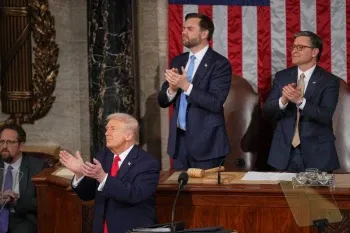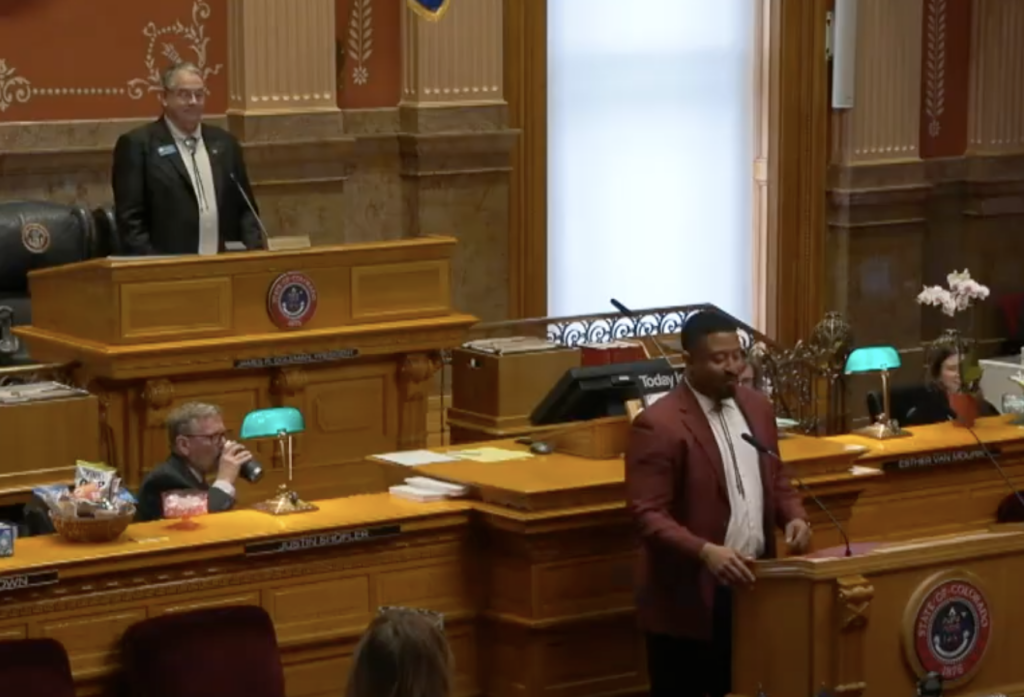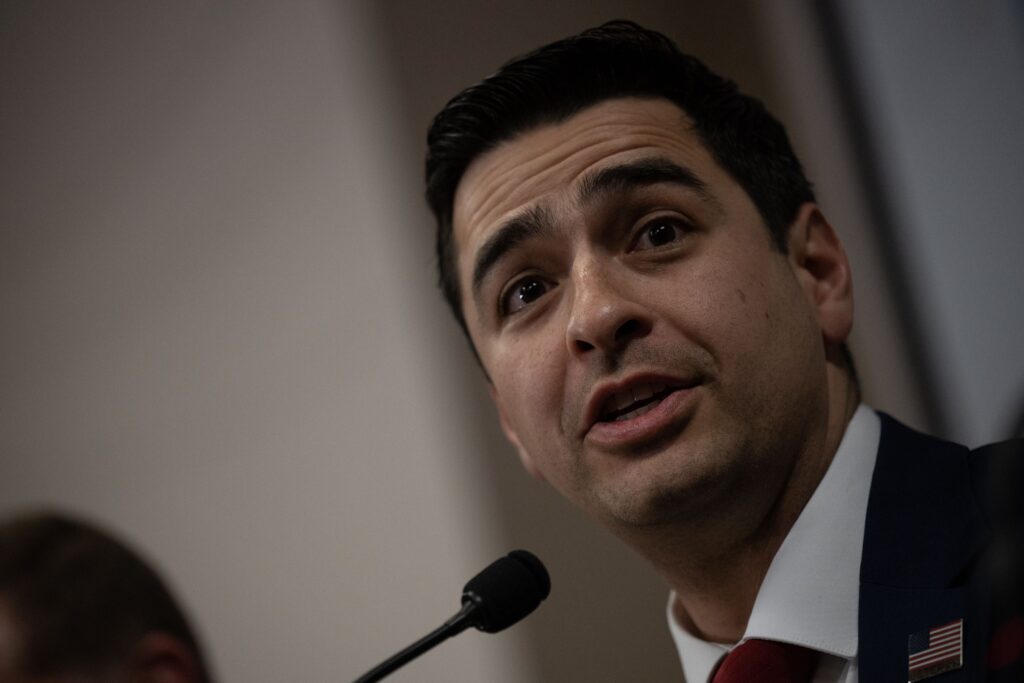Fenner: Proposition 143 is nothing more than a tax that will force products off the market

Colorado citizens typically love “sin taxes.” For voters, support for these proposals often seems like a no brainer. After all, why not vote for an issue fronted by a group with an appealing name like “Health Colorado” – a misnomer, but alluring enough to elicit checking the “yes” box.
But in Colorado – a state rife with ballot measures – it is vital Colorado voters do their research and give serious thought to the unintended consequences of putting their signature to any proposed ballot measure.
Such is the case with Proposition 143, which would ensure that cigars and other tobacco products are taxed at a whopping 62 percent of the wholesale price. This makes taxes on these products so high, small businesses will have no choice but to close their doors, drying up these same revenues that our greedy government has an insatiable appetite for.
With the elimination of all these jobs and small business storefronts, voters would have only themselves to blame.
The tax on these products is already sky-high. At its current rate of 40 percent, this tax has caused businesses to struggle while allowing out-of-state Internet sales to soar, producing no monetary benefit to Colorado.
Soon we will find out if Proposition 143 has collected the required number of signatures to appear on November’s ballot. If it makes the ballot, the initiative would impose an additional tax of $1.75 per pack on cigarette sales – tripling the current tax – and an additional 22 percent tax on the list price of other tobacco products, bringing it’s total damages to approximately 62 percent.
Forget about the fact that tobacco taxes in are already higher than those on marijuana in Colorado. And don’t worry about the hundreds of small businesses put at risk by this proposal. But should we ignore that this tax increases burdens on low-income families more than others. Where will it end?
Colorado has become ground zero for innovative endeavors in recent years. One pertinent example: marijuana legalization. Retail marijuana’s excise tax rate is 15 percent of the average market price, and then there is also the added 12.9 percent state sales tax. Now consider if Proposition 143 were to pass, the tax rate on tobacco products would be 4 times that of marijuana.
If Colorado continues to raise taxes on tobacco products, more and more consumers will seek other alternatives. No, those who don’t want to quit will not quit. Smoking rates have declined naturally through government and non-profit funded education, but there will always be demand. Customers will simply turn to our neighboring states with lower tax rates, or purchase the products online where they don’t pay a tax at all, allowing products to be sold at far cheaper prices.
Proposition 143 will severely harm small business in Colorado.
Does this proposal even fix a problem? Of course, the proponents will claim that this will all but guarantee universal prosperity. But people must be aware of the real economic harm this initiative will cause if we allow it to pass.
Tobacco taxes are subject to diminishing returns. This means that programs funded by this proposed tax increase will create steadily decreasing revenues as time goes on. This tax would simply build on an already unsustainable source of government funds.
Will special interests come back in five years demanding another increase? Why wouldn’t they? Again, at what point will it end? When will enough be enough for a glutinous government in search of its next revenue meal stolen from the tables of hard-working Coloradans? When will regulators stop playing voters’ heart strings with “sin taxes,” under the guises of health and welfare?
There is one thing working in Colorado’s favor: TABOR. The Taxpayers Bill of Rights requires that the public be given the final say whether to increase taxes or not. Make the right choice this November. Vote No on Proposition 143. Enough is enough.














